On sitting in the shade of another’s tree
This article originally appeared at Baptist News Global on February 23, 2024.
One of the most notable differences since leaving conservative evangelicalism has been my body’s reaction to justice-themed events on the calendar.
If the day or month had something to do with LGBTQ people, my immediate reaction would be one of defiance. These events were celebrating sin, I reasoned. And thus, our posture toward them had to be absolute rejection.
If the day or month had to do with bringing attention to abuse, my immediate reaction would be one of deflection. Sure, I would admit abuse is bad. But I figured people who focus on abuse tend to have victim mentalities rather than forgiveness toward those who hurt them. In other words, I would deflect the blame for the current relational strife on the victim rather than on the abuser.
Black History Month was a bit more complicated. With a passing nod to vague sins of the past committed by people who conveniently didn’t exist anymore, I reacted with defensive discernment toward those who celebrated the likes of Martin Luther King Jr. or the Civil Rights Movement.

Rick Pidcock
Maybe these months could remind us not to be racist. But they were tools in the hands of liberals to promote the Democrats and to promote theological liberals. However, we couldn’t simply reject Black people altogether like we did LGBTQ people. So we had to have discernment in order to defend against the dangers of Black History Month without being racist.
When it came to other religious holidays like Hanukkah, Kwanzaa or Ramadan, my body’s initial response was one of despair. These people were lost, dying on their way to “a Christless eternity,” we’d say. So any images or videos of their culture’s celebrations could be overlayed in our minds with a soundtrack of sadness.
Even though I’ve evolved to a progressive spirituality, that doesn’t mean I’ve converted to another religion. I’m not going to do a 30-day Ramadan fast or put up candles during December. And while I have experienced abuse, I don’t know what it’s like to be Black or an LGBTQ person in the United States today.
But my posture toward LGBTQ people, abuse survivors, Black people and followers of other religions when these justice-themed months are celebrated has fundamentally changed.
Learning of others and trusting them
The experience of separation and skepticism toward our neighbors is one that goes far beyond my fundamentalist past. As wars rage around the world and religious hierarchies posture for political supremacy, the personal exile I felt from my neighbors is being felt on large scale, national levels.
But despite nation rising against nation, there are glimpses of communities overcoming their fears and coming together.

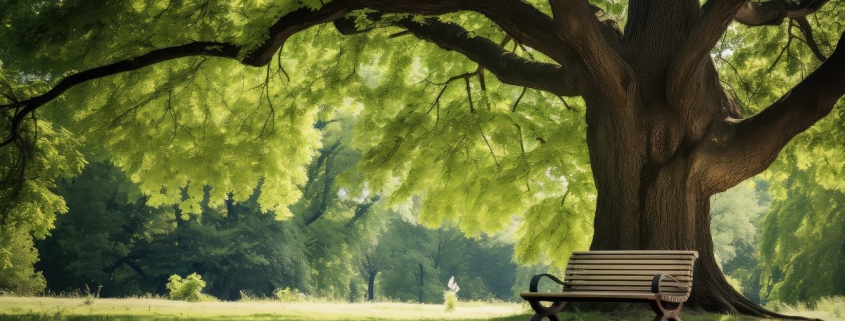
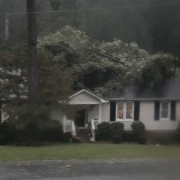
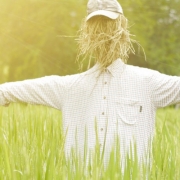

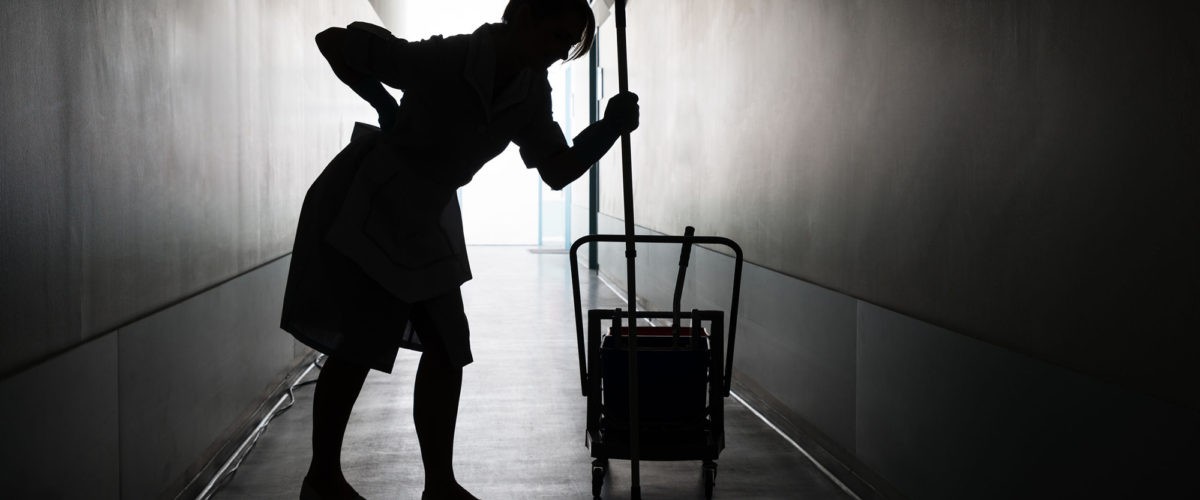
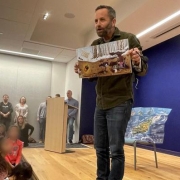



Leave a Reply
Want to join the discussion?Feel free to contribute!